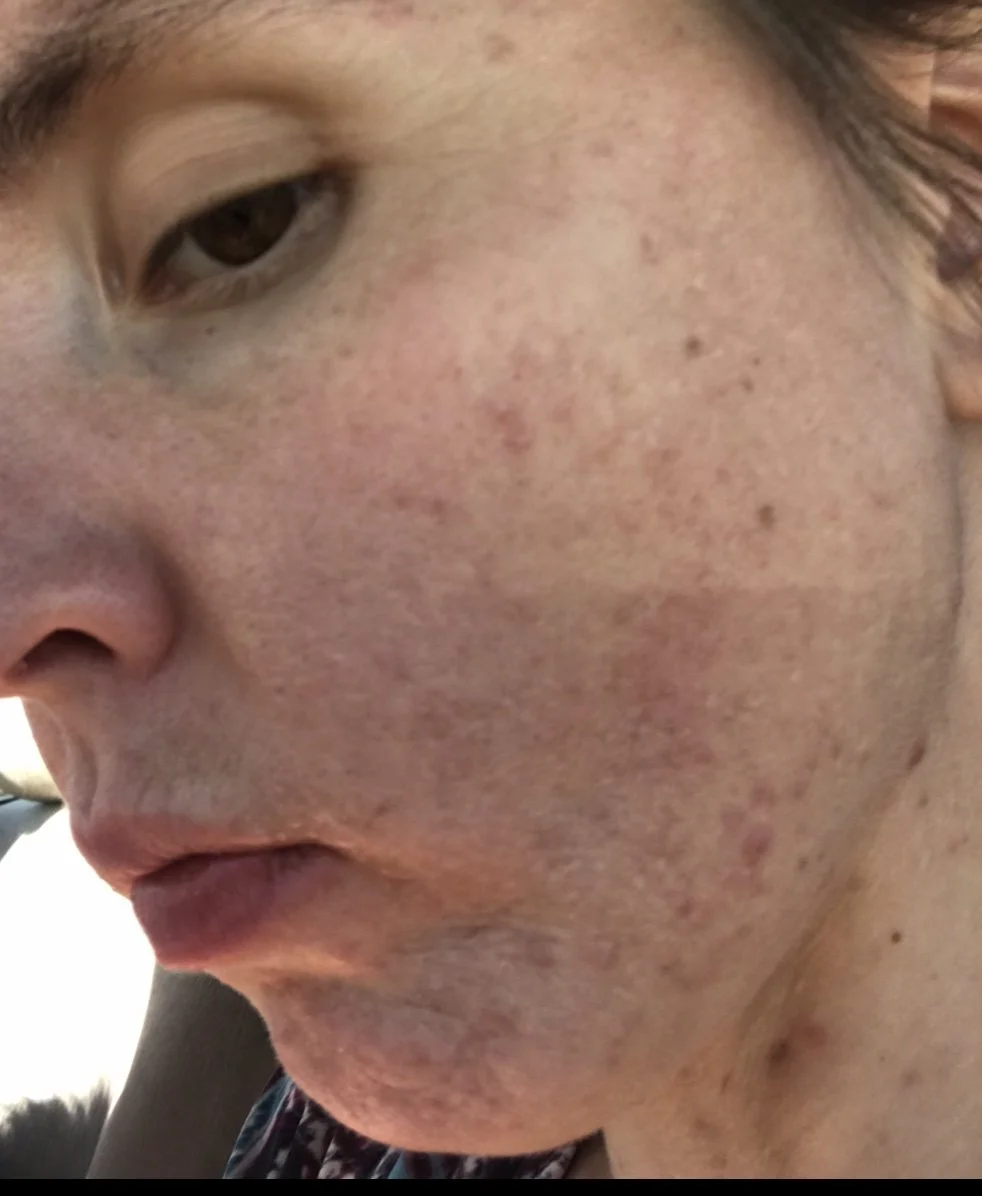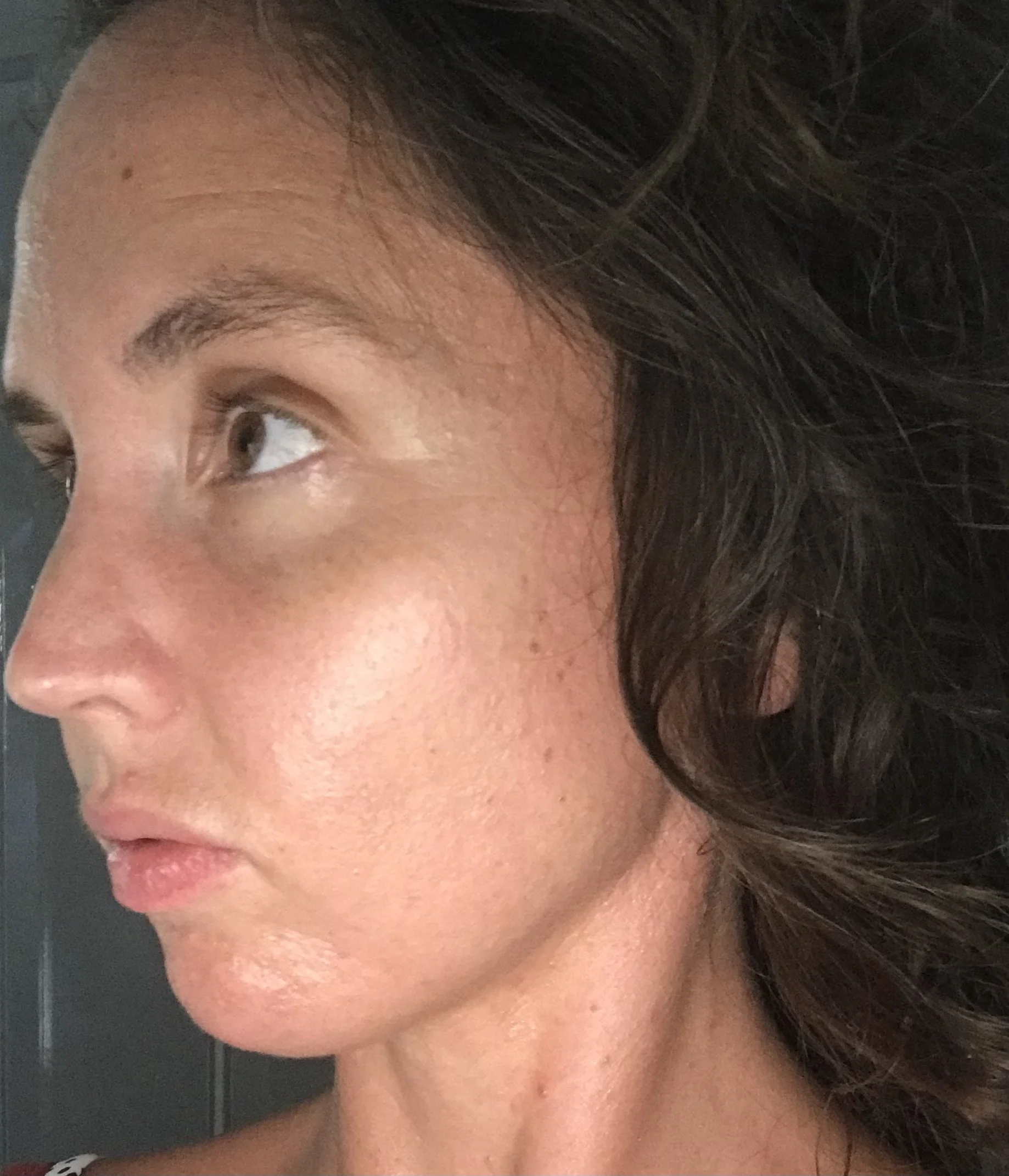Hi my name is Therese and I am a passionate Vancoction nerd! I’ve had skin issues most of my life but my acne got out control after haywire postpartum hormones and a bad bout of Covid. I was exhausted and depressed, but I needed to do something so I committed to using Vancoction and saw dramatic results! I joined the company, then went into nerd mode and started researching why this simple solution had such a profound effect on my skin!
VANCOCTION VANILLOIDS RESET GENETIC EXPRESSION
Previous
Previous
Round Top - the Salvelujah don't Stop
Next
Next



